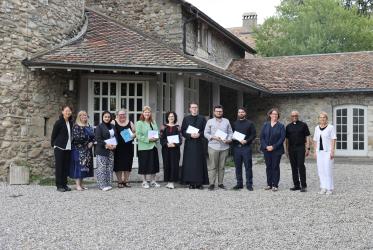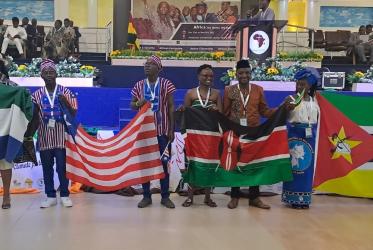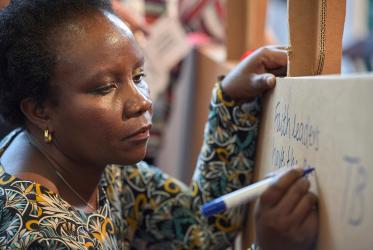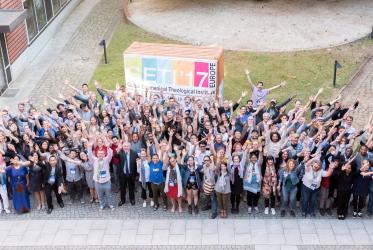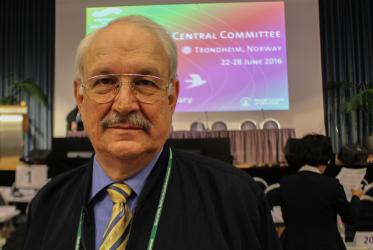Peace, Nature, Poverty, Terrorism, Values (Religious Perspectives)
First published as Συνύπαρξη, this collection of reflections suggests that coexistence has been an essential component of the life of humanity, however, it is frequently undermined and even poisoned.
The book shows how violence has taken new uncontrollable forms which culminate in polymorphous terrorism. Human aggression expands to exploitation and even to the contempt of creation, with painful consequences for both the natural environment and for human life itself.
The author views, through a theological and religious point of view, peace in ecumenical dimensions as well as in a specific country; the human being and the environment; poverty; terrorism; and universal moral values.
Συνύπαρξη was awarded the 2016 Free Thought Essay Award in memory of Panagiotis Foteas in Greece. It has been published in Greek, Italian, and Albanian, is awaiting publication in French by Apostolia Publishing House, and the German translation will follow soon.
24 March 2022
